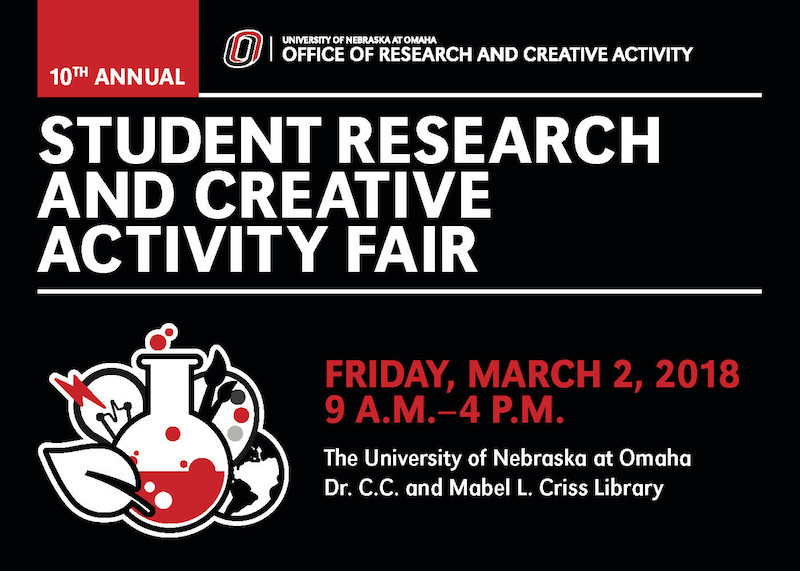
Understanding Leadership Development Through Virtual Content of Violent Extremist Organizations
Advisor Information
Gina Ligon
Location
UNO Criss Library, Room 232
Presentation Type
Oral Presentation
Start Date
2-3-2018 3:00 PM
End Date
2-3-2018 3:15 PM
Abstract
The objective of this project was to understand how a Violent Extremist Organization (VEO) might develop leaders and others from virtual content. This project encompasses the application of leadership development and organizational knowledge to a VEO. Contrary to popular belief, VEOs are very sophisticated and exhibit traits of any typical organization. The case study for this project was the Islamic State, and their virtual media campaign. Several research questions prioritized investigation efforts. These research questions are:
1) Are skills diffused virtually from published content?
2) What types of skills are being diffused and developed?
3) Does the emphases on the diffusion of skill types change given the organization’s lifecycle?
To understand how this VEO was disseminating knowledge virtually, the research utilized all of their 15 magazine publications known as “Dabiq”. Sections within the magazine identified as “Islamic State Reports” were the primary target for collection and analysis. Analysis of word counts established three types of influential content that affects leadership skills and development. These included administrative, operational, & ideological areas of influence. The word count findings gave percentages and overall patterns of how they changed. Additional findings overlapped the key events of the Islamic State’s organizational life-cycle with word count percentages to give key insights to why emphases on leadership development changed over time.
Understanding Leadership Development Through Virtual Content of Violent Extremist Organizations
UNO Criss Library, Room 232
The objective of this project was to understand how a Violent Extremist Organization (VEO) might develop leaders and others from virtual content. This project encompasses the application of leadership development and organizational knowledge to a VEO. Contrary to popular belief, VEOs are very sophisticated and exhibit traits of any typical organization. The case study for this project was the Islamic State, and their virtual media campaign. Several research questions prioritized investigation efforts. These research questions are:
1) Are skills diffused virtually from published content?
2) What types of skills are being diffused and developed?
3) Does the emphases on the diffusion of skill types change given the organization’s lifecycle?
To understand how this VEO was disseminating knowledge virtually, the research utilized all of their 15 magazine publications known as “Dabiq”. Sections within the magazine identified as “Islamic State Reports” were the primary target for collection and analysis. Analysis of word counts established three types of influential content that affects leadership skills and development. These included administrative, operational, & ideological areas of influence. The word count findings gave percentages and overall patterns of how they changed. Additional findings overlapped the key events of the Islamic State’s organizational life-cycle with word count percentages to give key insights to why emphases on leadership development changed over time.
